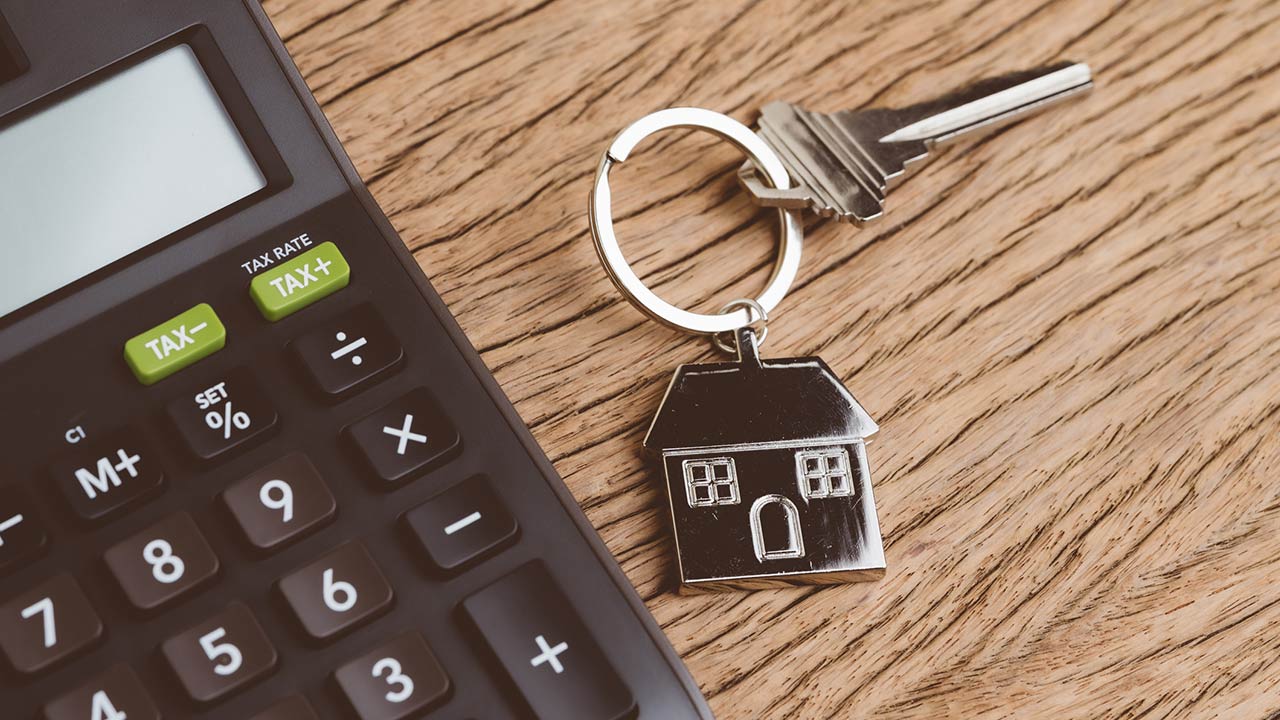5 Fringe Benefits for First-Time Homebuyers
Whether you’re moving out of your parents’ basement, just got hitched, or are getting back into the real estate market after years of being out of it, being a first-time homebuyer definitely has its financial perks.
But first things first. Who exactly qualifies as a “first-time homebuyer?”
According to the US Department of Housing and Urban Development, a first-time homebuyer is someone who meets these criteria:
1. You can deduct your mortgage interest
One of the biggest and most popular tax benefits for home owners is the fact that interest can be deducted from the mortgage. That’s huge. Alas, there are a few exceptions to the rule, including these biggies:
When it comes to this tax deduction, the home can be either owned by you, your partner, or jointly.
Keeping track of these numbers is super easy thanks to the form 1098 that your lender will issue to you at the end of the year, which outlines how much interest you paid over the past year.
2. You can tap into your IRA without paying a penalty
First-time homebuyers are eligible to take out $10,000 from their traditional or Roth IRA without having to pay the 10% penalty for early withdrawal. You can use these funds to put towards a down payment, closing costs, and so on.
Keep in mind that you’ll still have to pay income tax on the cash you withdraw from a traditional IRA. Roth IRA accounts, on the other hand, won’t be subject to additional taxes because they’re funded with money that’s been taxed already.
Since each individual has a $10,000 lifetime amount that they can withdraw without paying a penalty, a husband and wife can withdraw a maximum of $20,000 in total to pay for their first home. Just make sure that you use these funds within 120 days, or it’ll be subject to the 10% penalty (which defeats the purpose).
3. You can deduct your property taxes
Tax deductions on your property are based on the value of your home, and are available at the local and state level. The amount that is deducted is the amount that the home owner pays.
You should report how much you paid in property taxes for the year that’s stipulated on your property tax bill. Your mortgage provider can also provide you with this info on your form 1098 if your property taxes are paid through your mortgage company.
4. You can deduct your Private Mortgage Insurance (PMI)
Private mortgage insurance was designed to protect the lender – not you – in case you default on your loan payments. It’s arranged by the lender, and is provided by insurance carriers.
In December of 2014, the Tax Increase Prevention Act was passed that allows PMI tax breaks for qualified borrowers, including first-time homebuyers. A tax deduction can be claimed for the cost of PMI for both a primary home and any second vacation property.
5. You can take advantage of capital gains in the future
If you just bought your first home, odds are you’re not exactly thinking about selling it just yet. But you never know what the future holds, and if you do decide to sell some time in the future, you can get a break in the tax department in the way of capital gains.
Homeowners have a capital gain when they sell their property, or are considered to have sold what the IRS deems “capital property” for more than what was initially paid for it (minus any expenses associated with the sale).
Under US law, you can avoid paying taxes on up to $250,000 of capital gains – or $500,000 for married couples who file their taxes jointly – as long as you have both owned and lived in the house for two of the past five years. That’s a lot of cash that can be saved in the long run, especially if the value of your home skyrockets during the time you owned it.
Having these financial perks makes entering the real estate scene a lot more affordable for those who are just getting their feet wet with home ownership. But despite these savings, it’s still critical to make sure you can realistically and comfortably afford to buy a house, and how much you can actually pay for one. There are other costs associated with home ownership aside from the purchase price.
Be sure to speak with a real estate agent and mortgage specialist who will be able to fill you in on all the other costs that come along with having your name on title, such as closing costs, insurance, property taxes, and so on. That way you’ll be able to realistically and accurately budget for a home that you can enjoy for the long haul.













